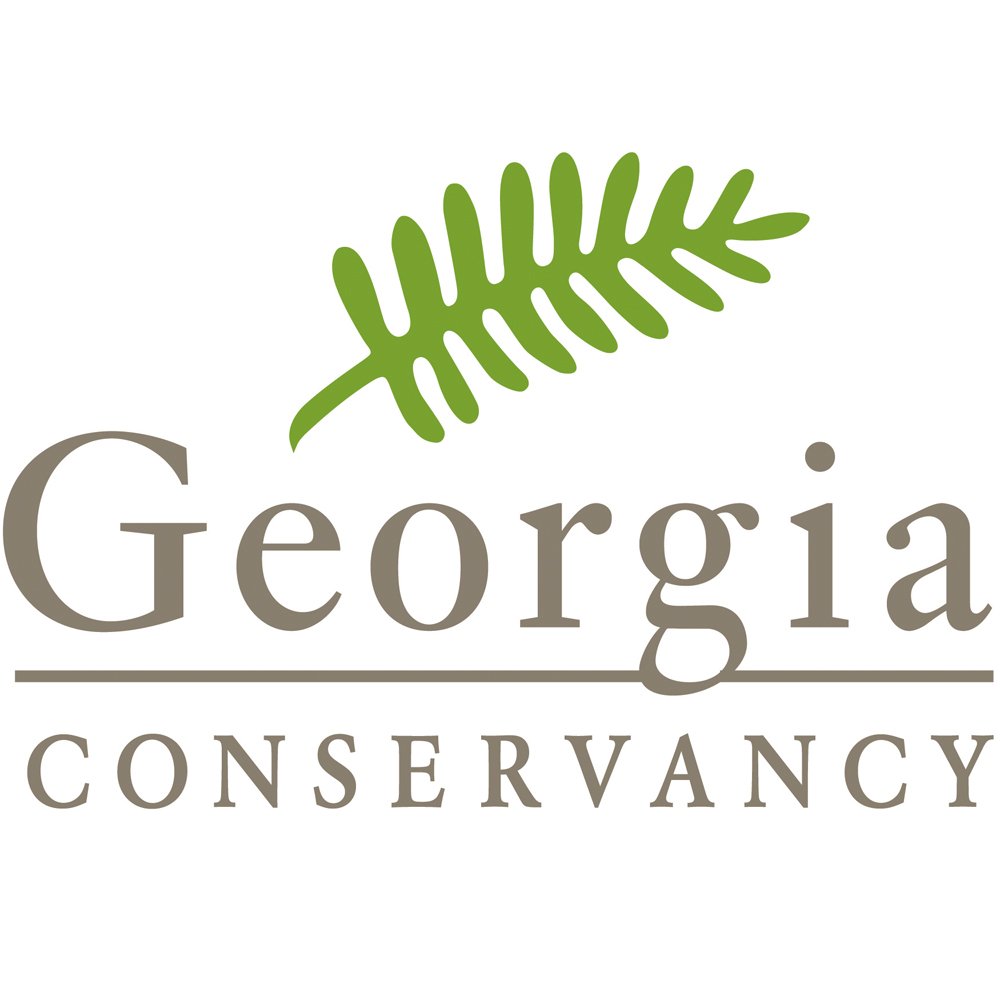Jekyll Island Master Plan
Defining and protecting conservation lands
In December 2013, the Jekyll Island Authority (JIA) passed a new Master Plan for Jekyll Island that will guide development on the island for years to come. The plan, which was the subject of heated debate in the environmental and political communities of Georgia, sought to limit new development on Jekyll to 78 acres, of which 46 acres may be used for public safety, public health or public recreation purposes, 12 acres for campground expansion and 20 acres for “any purposes determined appropriate by the JIA and consistent with the Jekyll Island legislation.”
The Master Plan itself defines “developed” and “undeveloped” land in accordance with national standards for land use classification. The plan also sets the number of acres currently developed on Jekyll at 1609 acres (which includes the 12 acres for campground expansion), up from the 1379 acres defined as developed by the 1996 Master Plan. The plan also calls for the repeal of the 1971 law that limited development on Jekyll Island to 35% of the land above mean high tide and the passage of a new statute that will limit development on Jekyll to 1675 acres - 78 acres more than the existing footprint of development on the island. The statue ends any argument as to what is “land” and what is “marsh,” the topic that was the subject of a ruling in June 2013 by Attorney General Sam Olens. Olens’ ruling opened the door for the JIA to count “high marsh” (marsh that is tidally influenced on higher tides) as “undeveloped land” in order to make more of the dry land subject to development. Some forces claimed after the ruling that several hundred additional acres on Jekyll could be developed.
HB 715, sponsored by Rep. Mark Hamilton (R-24), and SB 269, sponsored by Sen. Ross Tolleson (R-20), included the purposes for which the additional 78 acres may be developed. Should the JIA decide to develop the 20 acres over which it has broad discretion, public hearings would be required.
Since 2009, the Georgia Conservancy has been a part of a steering committee of environmental organizations and state agencies that developed a plan to guide the conservation of Jekyll Island for the next 50 years. Detailed maps produced by the Coastal Georgia Land Conservation Initiative were central to the process.
“The Georgia Conservancy is proud to have worked with our conservation partners, environmental advocates, the Jekyll Island Authority, members of the General Assembly and the Governor to find a way forward for Jekyll Island that will protect its natural wonders while allowing for improvements to be made in the facilities available to the public,” said then Georgia Conservancy President Pierre Howard. “The new Master Plan for Jekyll Island and the proposed Jekyll Island legislation are both the product of compromise, but by working together, I believe that we have assured a great future for a Georgia treasure.”
Learn more about the Georgia Conservancy Advocacy Program




